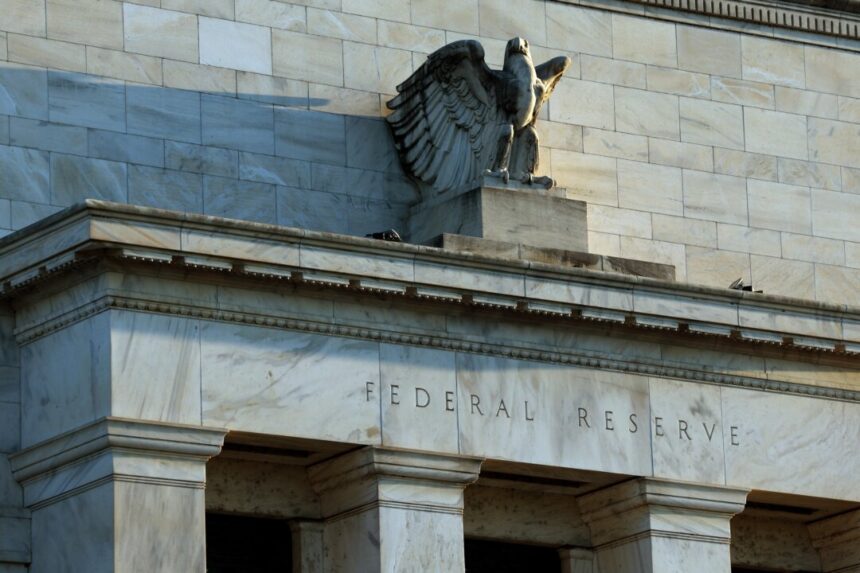The focus of these articles is usually on China trade and economics, but Donald Trump’s recent comments on the Federal Reserve (Fed) independence deserve attention. Some view Trump’s desire for a presidential role in monetary policy as a departure from tradition and a challenge to the belief in the Fed’s complete independence from political influence. However, throughout history, presidents have always had a significant impact on monetary policy. Trump’s proposals, while debatable in terms of wisdom, do not stray far from this historical precedent.
Trump’s statements about giving the president a say in monetary policy and the power to fire the Fed chairman have sparked discussions among economists, policymakers, and legal experts. While the Federal Reserve Act of 1913 grants the Fed independence from political control, history shows that presidential influence on the Fed has been consistent. The Treasury controlled monetary policy during the world wars, and only in 1951 was the Fed’s independence reaffirmed through the Treasury-Fed Accord. Despite efforts to separate Fed policy from government influence, presidential pressure has persisted.
Recent examples of presidential influence on the Fed include Trump’s pressure on Chairman Jerome Powell to cut interest rates in 2019 and Powell’s alignment with White House talking points on inflation in 2021. The pattern of presidential influence on monetary policy is evident throughout history, challenging the notion of Fed independence as a legal fiction. While Trump’s proposals may seem controversial, they reflect a long-standing tradition of presidential involvement in monetary policy. Any formal changes to the current arrangements would require significant political hurdles, making them unlikely to come to fruition. The entire controversy surrounding the independence issue, whether in favor or against, is more about political maneuvering than actual policy considerations.
Views expressed in this article are opinions of the author and do not necessarily reflect the views of The Epoch Times.
Source link





